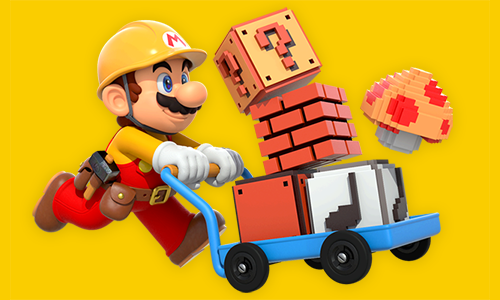It’s been six months since I’ve updated this blog, so I thought I’d make a mini-post about my decision to leave Microsoft, plus a bunch of updates on the major things that I’ve been up to lately:
1) Leaving Microsoft, Freelancing as a Unity developer
A few weeks ago I left my job at Microsoft to focus on game development full time. Lots of people who make this jump go “full indie” by starting their own studio, but I decided to freelance instead, which frees me up to work on a per-project basis. Specifically, I’m specializing in gameplay programming, which is more focused on implementing mechanics, prototyping ideas rapidly, and iterating on current implementations to make sure they actually feel right when played. It really seems like the most natural role for someone like me who is both super technical and super design-oriented. You can check out my full portfolio at: http://livio.delacruz.tech
So why did I leave Microsoft? Whenever I tell other game developers that I worked as a program manager for an enterprise IT product called Azure Active Directory, they tend to assume that I was miserable there. According to stereotypes, people who make this kind of career jump usually hate their current jobs, or their passion for games is so extreme that it becomes a reason to hate their current jobs. However, I actually really enjoyed my years at Microsoft. I got to work with and learn from some awesomely smart people who are super passionate about what they do. Of course, my main career goals are in the games industry, but I’m not the kind of person who indulges in self-inflicted misery just because “it’s not games!”
I initially applied for the program manager role (which kinda resembles the “product manager” role in other companies) because the list of required skills had a ton of overlap with those for a game designer, skills that I wanted to learn. It also just looked like it’d be really fun since it was a technical, producer-like, entrepreneurial kind of job that had me designing features, talking to customers, prioritizing requirements, communicating and coordinating efforts across the team, studying the market and competitors, landing on implementation details with devs, and generally doing whatever it takes to make our product better. It was pretty awesome.
I pretty much got exactly what I was looking for. I was super motivated to learn and grow, and my understanding of the “manager” skill set changed dramatically. However, I eventually realized that my pursuit towards mastery was driven more by professionalism than actual passion for the skill set itself. I didn’t really want to specialize in program management, and I had a super strong itch to get back into programming full time. This realization was when I realized that it was time for me to move on, and now here I am trying to make a living out of making games. 🙂

